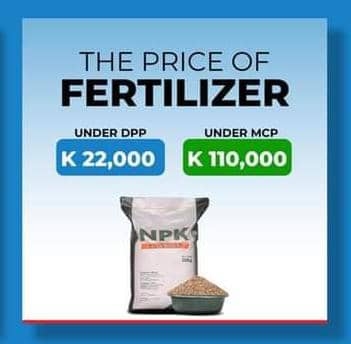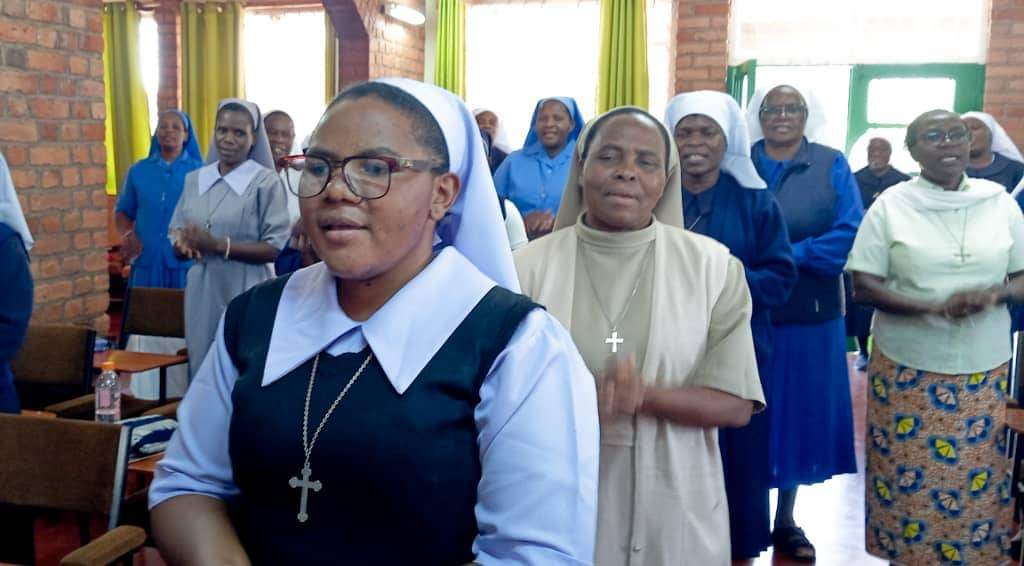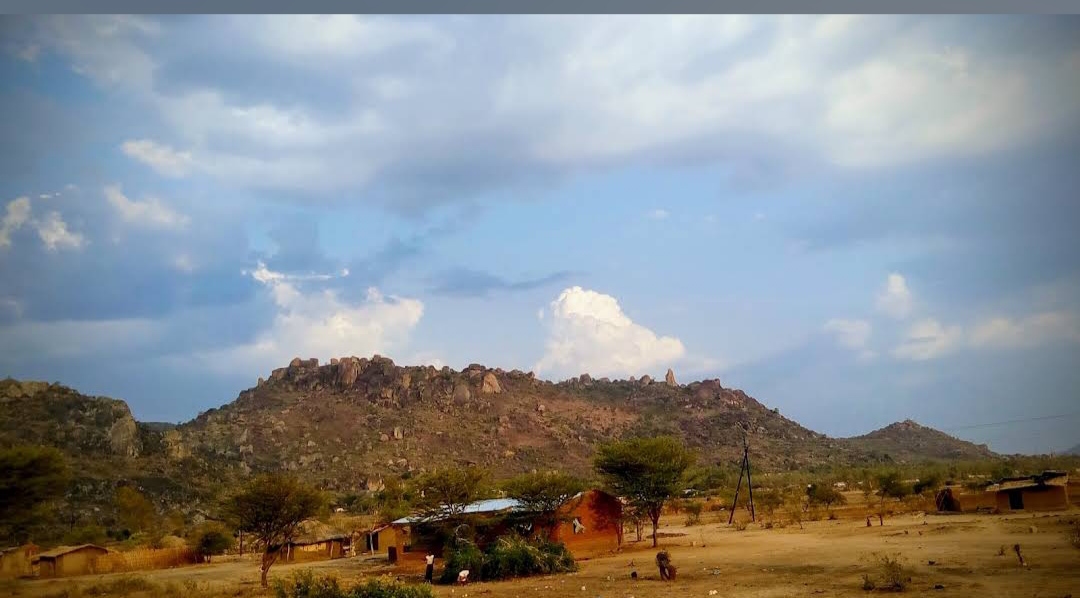By Burnett Munthali
In 2020, during the final year of the Democratic Progressive Party (DPP) administration, a 50kg bag of fertilizer cost an average of MWK 22,000.
That price meant a poor farmer in Machinga, Karonga, or Nsanje could reasonably plan for the planting season.
It meant maize could be grown in abundance.
It meant food security was achievable.
It meant fewer Malawians went to bed hungry.
Fast forward five years under the Malawi Congress Party (MCP) administration, and that same bag of fertilizer now costs MWK 110,000.
Let that sink in.
The price of fertilizer has increased by 400% in just five years.
This is not just a number—it is a death sentence to the dream of self-sufficient agriculture in Malawi.
It is a direct attack on the backbone of our economy—our farmers.
While leaders fly in chartered jets and drive luxury vehicles, the farmer is forced to choose between buying fertilizer or feeding his family.
This kind of price hike is not a coincidence.
It is the result of reckless economic policy, a collapsed subsidy program, and a leadership that has turned a blind eye to the suffering of rural Malawians.
The Affordable Input Programme (AIP), once praised as a pro-poor initiative, has become a mockery under MCP.
Reports of corruption, delayed deliveries, and ghost beneficiaries have filled the headlines.
Meanwhile, the real beneficiaries—the hardworking farmers—are left behind, neglected and abandoned.
Under DPP, farmers were empowered.
Under MCP, they are impoverished.
We must call this what it is: a betrayal of the people.
A government that cannot ensure affordable fertilizer cannot claim to care about food security.
A government that forces citizens to beg for what they used to afford has lost its moral compass.
In a country where over 80% of the population depends on agriculture for survival, a 400% price hike in fertilizer is an economic disaster.
It is also a political disaster—because the people will not forget.
They will not forget the hunger.
They will not forget the broken promises.
They will not forget the price tag on their suffering.
Concluding Analysis
Malawi is not short of resources, nor are we short of hardworking citizens.
What we lack is leadership that prioritizes the welfare of the people over political optics.
The 400% fertilizer price hike between 2020 and 2025 is a glaring symbol of failed governance.
It is a reminder that change is not always progress.
Come 2025, Malawians must choose leadership that understands the importance of agriculture, values economic discipline, and delivers on its promises.
Because no nation can grow when its farmers are buried under the weight of unaffordable inputs.




